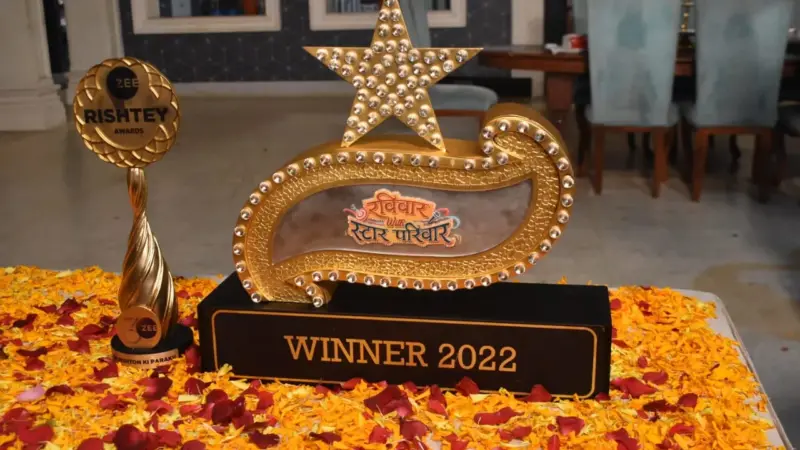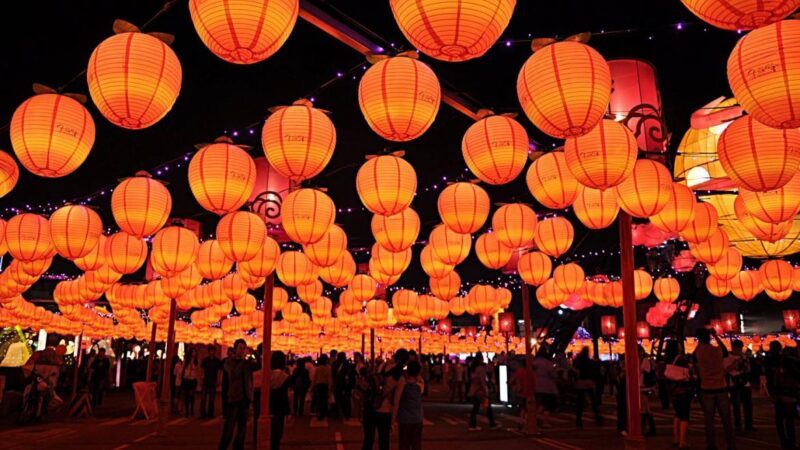The Ibommaa people

The Ibommaa people are a fascinating group with a rich cultural heritage that has been passed down through generations. Their unique way of life, language, and customs have captivated the interest of many scholars and enthusiasts alike. This article aims to provide an in-depth look into the world of the Ibommaa people, shedding light on their culture, language, and way of life. By exploring their history and traditions, we hope to gain a better understanding of this remarkable community and appreciate the richness of their cultural identity. Join us as we embark on a journey into the heart of the Ibommaa people.
The Ibommaa culture
The Ibommaa people have a rich and unique culture that has been passed down from generation to generation. Their culture is deeply rooted in their beliefs, customs, and traditions which are still practiced today. One of the most significant aspects of the Ibommaa culture is their strong sense of community. They believe in working together towards a common goal and supporting one another through difficult times.
Another important aspect of the Ibommaa culture is their love for music and dance. They have various traditional dances that are performed during special occasions such as weddings, funerals, and festivals. These dances are not only a form of entertainment but also serve as a way to preserve their cultural heritage.
The Ibommaa people also have a deep respect for their elders and ancestors. They believe that their ancestors play an important role in guiding them through life and seek their guidance through various rituals and ceremonies. Overall, the Ibommaa culture is a beautiful representation of the values and beliefs held by this unique community.
The Ibommaa language
The Ibommaa people have a unique language that is spoken exclusively by them. The language is known as Ibommaa and it is part of the Afro-Asiatic family of languages. It is primarily spoken in the Oromia region of Ethiopia, where the majority of the Ibommaa people reside.
Ibommaa has its own alphabet, which consists of 31 letters. The language has several dialects, each with its own distinct features. Despite being a minority language, Ibommaa is still widely spoken among the Ibommaa people and is an important part of their cultural identity.
The preservation and promotion of the Ibommaa language has been a priority for many members of the community. Efforts have been made to document and standardize the language, as well as to teach it to younger generations. As a result, there are now schools that offer instruction in Ibommaa, ensuring that the language will continue to be passed down through future generations.
Overall, the Ibommaa language plays a significant role in shaping the culture and identity of this unique community. Its continued use and preservation are essential for maintaining their heritage and way of life.
The Ibommaa way of life
The Ibommaa people have a unique way of life that is deeply rooted in their culture and traditions. They are known for their strong sense of community and hospitality, which is evident in the way they welcome visitors into their homes. The Ibommaa people are also known for their love of music and dance, which plays an important role in their daily lives.
Agriculture is the mainstay of the Ibommaa economy, with farming being the primary occupation of most people. The fertile land provides ample opportunities for growing crops such as yams, cassava, maize, and beans. Fishing is also an important economic activity in the region due to its proximity to water bodies like rivers and streams.
The Ibommaa people place great importance on family values and respect for elders. They believe that children should be raised with discipline and taught to respect their parents and other members of the community. This has helped to foster a strong sense of unity among the people, which has been instrumental in preserving their culture over time.
Overall, the Ibommaa way of life is characterized by simplicity, communal living, hard work, and a deep appreciation for tradition. Despite modernization and globalization, they have managed to maintain their unique identity as a people while adapting to changing times.
The Ibommaa people today
Today, the Ibommaa people continue to thrive in their homeland in Ethiopia. While they have faced challenges such as displacement due to government policies and conflicts with neighboring tribes, they have managed to maintain their unique culture and traditions.
Many Ibommaa people still practice their traditional religion, which involves ancestor worship and a deep connection to nature. They also continue to rely on agriculture and livestock herding for their livelihoods.
In recent years, there has been a growing interest in preserving the Ibommaa language and culture. Efforts are being made by community leaders and organizations to document their history and traditions, as well as promote education in the Ibommaa language.
Despite these efforts, the Ibommaa people still face many challenges in terms of access to healthcare, education, and economic opportunities. However, their resilience and determination to preserve their way of life is truly inspiring.
Conclusion
In conclusion, the Ibommaa people are a unique and fascinating group with a rich cultural heritage. Their language, customs, and way of life have been passed down through generations, and they continue to thrive in modern times. Despite facing challenges such as urbanization and globalization, the Ibommaa people remain proud of their identity and traditions. It is important to recognize and appreciate the diversity of cultures around the world, and the Ibommaa people serve as a reminder of the beauty that can be found in different ways of life. As we move forward into an increasingly interconnected world, let us not forget to celebrate and preserve the unique cultures that make our planet so vibrant.






